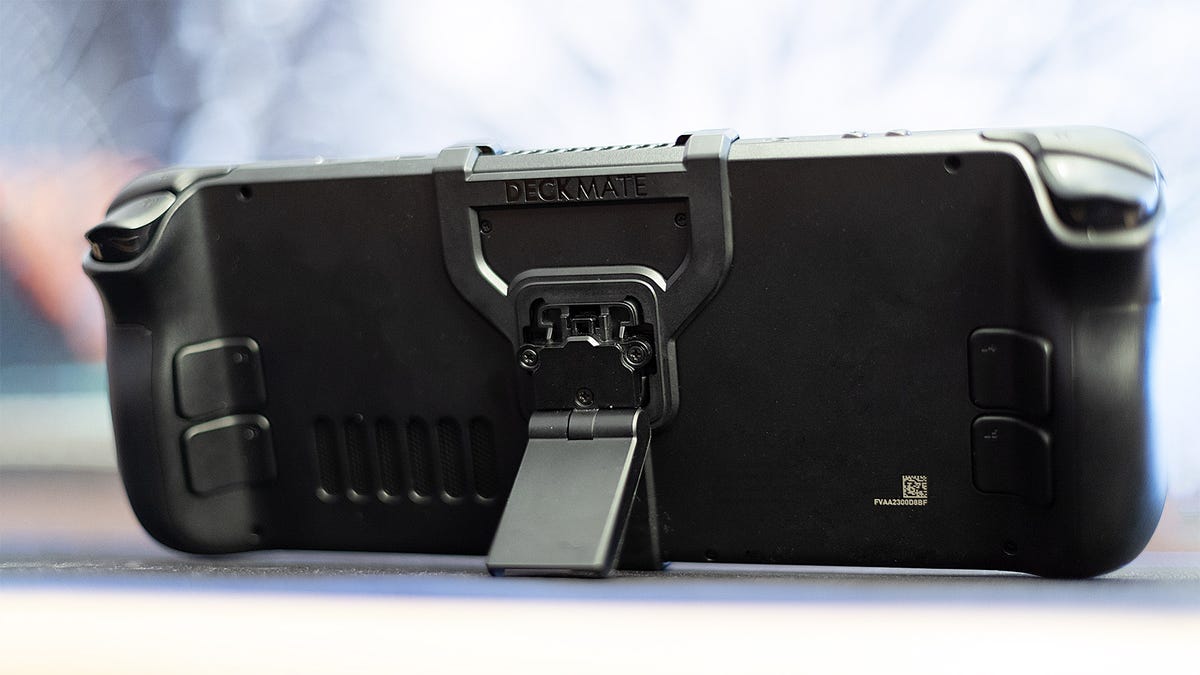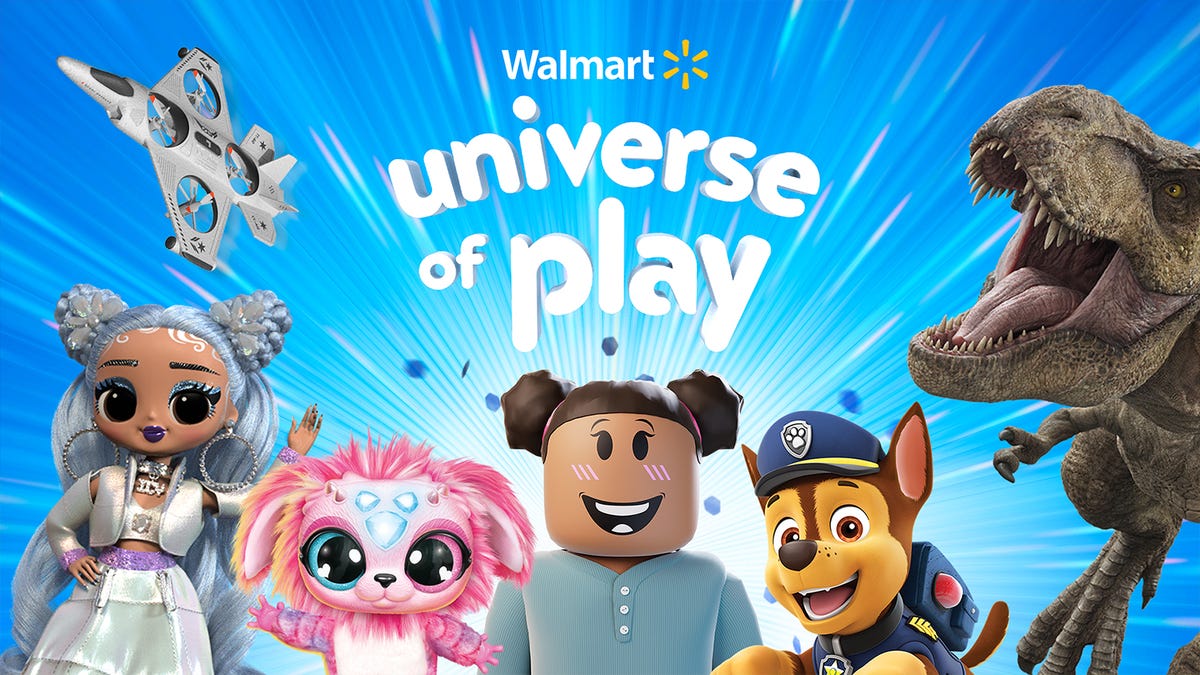In a new interview with La Presse, Ubisoft CEO Yves Guillemot appeared to say that toxicity in the games industry comes from necessary “friction” in the creative process. The implication was that it was almost inescapable. Two years into a workplace reckoning over sexual harassment, misconduct, and browbeating at the publisher behind Assassin’s Creed and Far Cry, it sounded at best tone deaf, and at worst like an endorsement of infighting among development teams. When asked to clarify his remarks, Ubisoft provided Kotaku with a more detailed explanation from the CEO.
A Foe From The Next Team Ninja Game Is Giving Me Sekiro PTSD
Share SubtitlesOffEnglishShare this VideoFacebookTwitterEmailRedditLinkview videoTeam Ninja’s Next Game Is Giving Me Sekiro PTSD
“I want to be clear, as I have said before there is absolutely no place for toxicity at Ubisoft or in our industry,” Guillemot wrote in a statement. “When I spoke of there sometimes being friction, I was thinking of the creative tension that is common and vital in innovative companies like ours, where people have the freedom to challenge ideas and have heated but healthy debates.”
He continued:
“Heated but healthy” goes to the heart of some of the biggest complaints of some current and former Ubisoft employees. Those Kotaku have spoken with often described an atmosphere at certain studios that seemed to reward bullies while ostracizing the less institutionally empowered people who called them out. Whether it was a manager, design lead, or director, respectfully questioning them or taking a principled stand during a team meeting could get the dissenting employee pushed off a project or stall their career indefinitely.
One of these bullies was reportedly Michel Ancel, the designer behind Rayman and the original Beyond Good & Evil who was tapped to direct the sequel. According to a 2020 investigation by French newspaper Libération, Ancel was disorganized, would make impractical requests, and berate staff when he disliked the work they showed him. Three sources familiar with Beyond Good & Evil 2’s development at Ubisoft Montpellier felt the allegations in the report were accurate, and that Ancel’s reputation as a toxic manager was well known within the company.
Did Guillemot know? Libération reported that he did, citing a 2017 meeting where, when confronted with complaints about Ancel, the CEO allegedly said Ancel’s stardom in the games industry was both helpful for Ubisoft’s public perception but also made him hard to manage, and that it would be up to staff representatives and HR to protect the people who work under him. It wasn’t until the larger workplace reckoning that Ancel was investigated and eventually resigned in September 2020.
In a recent interview with Axios, Guillemot claimed ignorance of anyone’s bad behavior. “You realize that things happened very close to you, that you wouldn’t accept, had you known about them,” he said. “You’re upset by the fact that it could happen and that you didn’t see it.” But again the CEO had a controversial answer for why a culture that seemingly fostered and protected bad actors festered under his watch.
“We were not organized enough to detect the problems and resolve them,” he told Axios. “The company was running and there were ways things were done. And then there was a new young generation, coming [into the company] with different needs. And we had to adapt. I think we didn’t adapt fast enough to what people expected and needed.”

